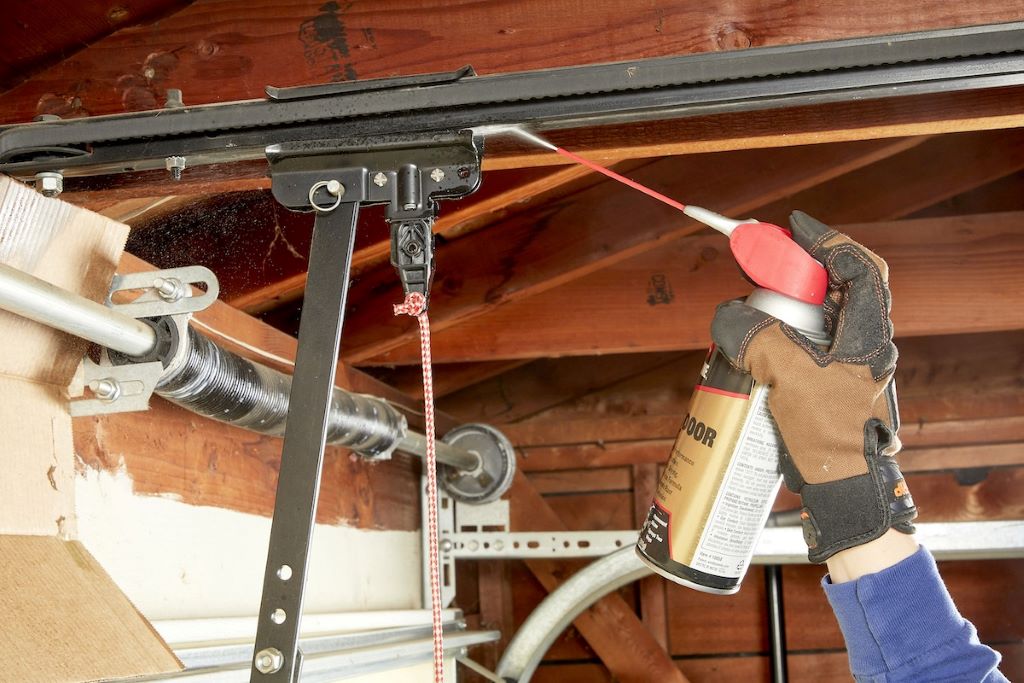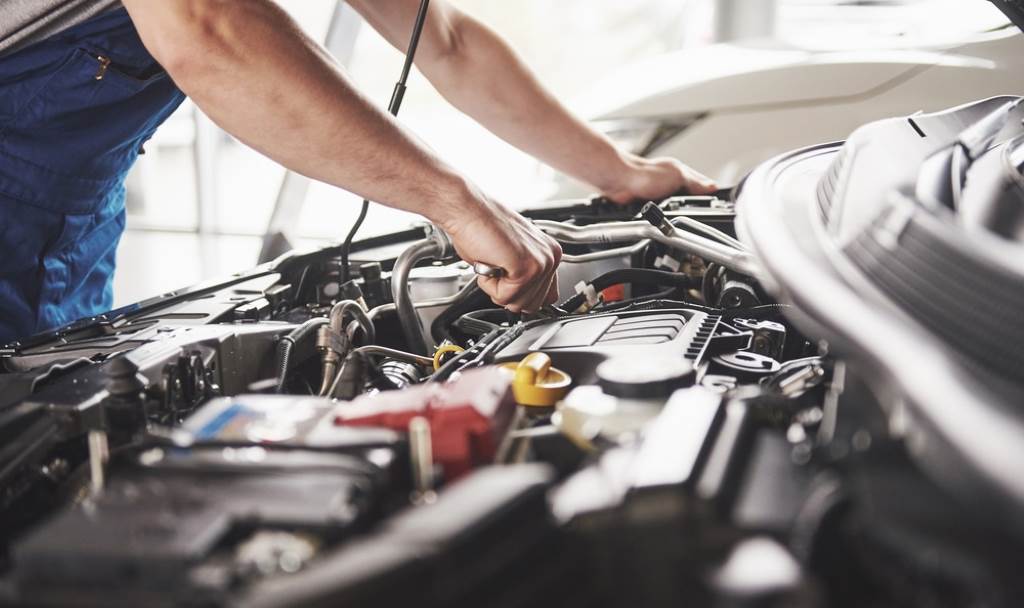Ever floored the gas pedal and been met with a nose-wrinkling stench of rotten eggs? Yeah, not the best driving experience, is it? That stinky situation is a pretty common car problem, and it usually points to an issue with your car’s emissions system. Let’s break down what’s likely going on under the hood.
The Culprit: Hydrogen Sulfide

That rotten egg smell is actually hydrogen sulfide (H2S) gas. It’s produced as a byproduct of combustion in your engine. Normally, your car’s catalytic converter takes care of this smelly gas, turning it into odorless sulfur dioxide. But when something goes wrong in the system, that H2S can escape through your exhaust, leaving you with a stinky reminder that something’s amiss.
Common Causes: Where’s That Smell Coming From?
There are a few usual suspects when it comes to that rotten egg smell, and they all revolve around your car’s emissions system:
- A Faulty Catalytic Converter
Think of your catalytic converter as your car’s exhaust cleaner. It’s responsible for converting harmful pollutants into less harmful substances. A damaged or failing catalytic converter can’t do its job properly, allowing that hydrogen sulfide to escape.
Why does it fail? Catalytic converters can fail for a number of reasons, including:
- Old age: Like any car part, they wear out over time.
- Physical damage: Hitting a pothole or debris in the road can damage the converter.
- Engine problems: Issues like burning oil or a misfiring engine can contaminate the converter and cause it to fail.
- A Problem with Your Fuel System
Sometimes, the issue lies in how your car is getting its fuel. Here are a couple of possibilities:
- Bad fuel: Believe it or not, sometimes you get a bad batch of gas! Contaminated fuel with excess sulfur can overwhelm your catalytic converter and cause that rotten egg smell.
- Fuel filter issues: A clogged fuel filter can restrict fuel flow and mess with the air-fuel mixture, leading to incomplete combustion and increased hydrogen sulfide production.
- Overuse of Fuel Additives
We all want our cars running smoothly, but overdoing it with fuel additives can actually backfire. Some additives contain high levels of sulfur, which, you guessed it, can lead to that rotten egg smell.
Is It Serious? Ignoring the Smell
While a whiff of rotten eggs might just seem like a smelly inconvenience, ignoring it can lead to bigger problems down the road. Here’s why you shouldn’t turn a blind eye (or nose):
- Increased emissions: A malfunctioning emissions system means your car is releasing more pollutants into the environment.
- Reduced fuel efficiency: Engine problems often lead to your car guzzling more gas.
- Potential engine damage: In some cases, ignoring the problem can lead to more serious and costly engine damage.
- Failed emissions test: If your state requires emissions testing, your car won’t pass with a faulty catalytic converter.
Read More Also: Do You Get a Title When You Finance a Car?
What to Do: Troubleshooting the Stink
If your car smells like rotten eggs, don’t panic! Here’s what you can do:
- Check your gas cap: Make sure it’s tightly sealed. A loose gas cap can cause fuel to evaporate and trigger the check engine light, sometimes accompanied by a sulfur smell.
- Think about your recent fill-up: Did you get gas from a different station than usual? If so, bad fuel could be the culprit. Try running the tank close to empty and refilling with a higher quality fuel from a reputable station.
- Consider your fuel additives: Have you been using any fuel additives? If so, stop using them and see if the smell goes away.
- Check your engine oil: Is it low or does it look dirty? If so, an oil change might be in order.
- Inspect your car’s exhaust system: Look for any signs of damage, like rust or holes.
If the smell persists or you notice other symptoms like decreased fuel efficiency or the check engine light, it’s time to bring in the pros. A mechanic can diagnose the problem and recommend the necessary repairs.
Preventing the Smell: Keeping Things Fresh
Here are a few things you can do to prevent that rotten egg smell from creeping into your car:
- Regular maintenance: Stick to your car’s recommended maintenance schedule. This includes regular oil changes, tune-ups, and replacing your fuel filter as needed.
- Use quality fuel: Choose reputable gas stations and avoid using fuel additives unless absolutely necessary.
- Address engine problems promptly: Don’t ignore warning signs like the check engine light or unusual noises. Addressing engine problems early can prevent damage to your catalytic converter.
Think of it Like This…
Imagine your car’s emissions system like a kitchen sink. The catalytic converter is the drain that keeps things flowing smoothly. When the drain is clogged (a faulty converter), the dirty dishes (hydrogen sulfide) pile up and cause a stink. Regular maintenance is like doing the dishes regularly – it prevents clogs and keeps things smelling fresh!
The Bottom Line: Don’t Ignore the Stink
That rotten egg smell is your car’s way of telling you something’s not right. While it might seem like just a smelly annoyance, ignoring it can lead to bigger problems and costlier repairs down the line. By addressing the issue promptly and practicing preventative maintenance, you can keep your car running smoothly and smelling fresh.








